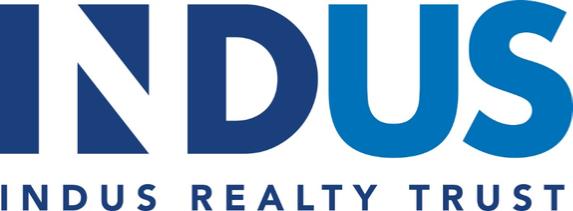Requirements for Qualification as a REIT. The Code defines a REIT as a corporation, trust or association:
(1)that is managed by one or more trustees or directors;
(2)that issues transferable shares or transferable certificates to evidence its beneficial ownership;
(3)that would be taxable as a domestic corporation, but for Sections 856 through 860 of the Code;
(4)that is not a financial institution or an insurance company within the meaning of certain provisions of the Code;
(5)that is beneficially owned by 100 or more persons;
(6)not more than 50% in value of the outstanding stock of which is owned, actually or constructively, by five or fewer individuals, including certain specified entities, during the last half of each taxable year; and
(7)that meets other tests, described below, regarding the nature of its income and assets and the amount of its distributions.
The Code provides that conditions (1) to (4), inclusive, must be met during the entire taxable year and that condition (5) must be met during at least 335 days of a taxable year of 12 months, or during a proportionate part of a taxable year of less than 12 months. Conditions (5) and (6) do not apply until after the first taxable year for which an election is made to be taxed as a REIT. For purposes of condition (6), the term “individual” includes a supplemental unemployment compensation benefit plan, a private foundation or a portion of a trust permanently set aside or used exclusively for charitable purposes, but generally does not include a qualified pension plan or profit sharing trust.
We believe that we will be organized and will operate and will issue sufficient shares of our common stock with sufficient diversity of ownership to allow us to satisfy conditions (1) through (7), inclusive, during the relevant time periods. In addition, our charter provides for restrictions regarding ownership and transfer of our shares that are intended to assist us in continuing to satisfy the share ownership requirements described in conditions (5) and (6) above. A description of the share ownership and transfer restrictions relating to our common stock is contained in the section entitled “Description of Capital Stock – Common Stock – Restrictions on Ownership and Transfer.” These restrictions, however, may not ensure that we will, in all cases, be able to satisfy the share ownership requirements described in conditions (5) and (6) above. If we fail to satisfy these share ownership requirements, then except as provided in the next sentence, our status as a REIT will terminate. If, however, we comply with the rules contained in applicable Treasury Regulations that require us to ascertain the actual ownership of our shares and we do not know, or would not have known through the exercise of reasonable diligence, that we failed to meet the requirement described in condition (6) above, we will be treated as having met this requirement. See the section entitled “Material U.S. Federal Income Tax Considerations – Taxation of Our Company — Failure to Qualify.”
In addition, in order to qualify as a REIT, at the end of any taxable year, we must not have any earnings and profits accumulated in a non-REIT year. As a result, we plan to distribute our earnings and profits accumulated prior to the taxable year beginning January 1, 2021 before the end of the first taxable year for which we elect REIT status. In addition, we may not maintain our status as a REIT unless our taxable year is the calendar year. We have a calendar taxable year.
Ownership of Interests in Partnerships, Limited Liability Companies and Qualified REIT Subsidiaries. In the case of a REIT that is a partner in a partnership (for purposes of this discussion, references to “partnership” include a limited liability company treated as a partnership for U.S. federal income tax purposes, and references to “partner” include a member in such a limited liability company), Treasury Regulations provide that the REIT will be deemed to own its proportionate share of the assets of the partnership based on its interest in partnership capital, subject to special rules relating to the 10% asset test described below. Also, the REIT will be deemed to be entitled to its proportionate share of the income of that entity. The assets and gross income of the partnership retain the same character in the hands of the REIT for purposes of Section 856 of the Code, including satisfying the gross income
